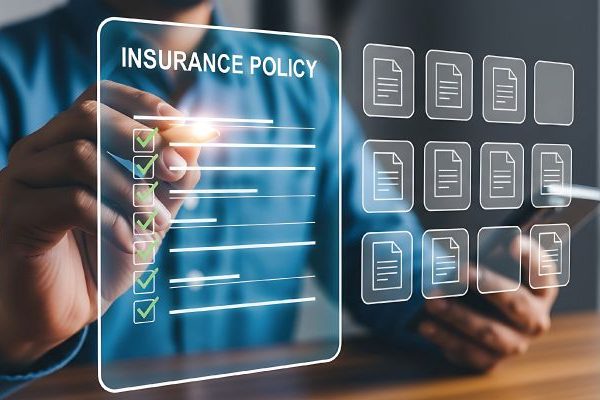The session brought together leading Growth Experts for upcycling in the food industry:

Christopher Shanahan
Growth Expert and Senior Consulting Director, Nutrition and Wellness, Frost & Sullivan

Veronique Scordia
Growth Expert and Consultant, Nutrition and Wellness Advisory, Frost & Sullivan
Gain valuable perspectives from these experts by clicking here to access the discussion’s recording.
You can also download our expert growth analyses: Click here to learn more about food upcycling technology, and click here to learn about the state of digitalization in the food and beverage industry.
During this event, our panelists identified key strategic imperatives for achieving long-term growth:
Upcycling Food Waste for Sustainable Growth
Upcycling is transforming food production by adding value to byproducts that were previously discarded.
- Economic and environmental benefits: Upcycled ingredients are proving crucial for reducing waste and maximizing the use of raw materials, driving both profitability and sustainability.
- Consumer appeal: As consumers prioritize sustainable supply chains and clean labels, upcycling food waste presents an innovative and natural option for food manufacturers.
How the coffee, liquor, and cocoa industries are leveraging upcycling:
- Coffee: The coffee industry generates significant waste, but some companies are using the flesh of the coffee fruit for varied uses, like adsorbents, compost, and de-icing material.
- Beer and Wine: Breweries and wineries are utilizing waste byproducts, such as yeast from beer production, to create new products like bread.
- Cocoa: A company in Europe is reimagining the use of cocoa waste, incorporating fibers and other elements previously discarded to create new chocolate products.
Click here to learn more about upcycling ingredients and advantages for your industry here
Upcycling in the food industry for plant-based and animal-based ingredients varies significantly due to different waste streams.
- Plant-based upcycling: Byproducts like stalks, peels, and stems from crops are commonly reabsorbed into the soil or composted but hold untapped potential for food ingredient production.
- Animal-based upcycling: Animal byproducts such as bones and eggshells are further ahead when it comes to food upcycling technology due to stricter waste management regulations, with products like collagen exemplifying the potential of this stream.
- Scalability challenges: Geographic distances between waste generation and valorization sites continue to pose logistical hurdles, particularly for plant-based ingredients.
Certification schemes will play a critical role in the upcycled ingredient market, as they offer credibility and trust to consumers.
- The introduction of upcycling certification is ensuring that ingredients meet strict criteria, including re-entering the human food chain and maintaining transparent, auditable sustainable supply chains.
- Closed loop systems: These are systems where waste is repurposed within their own operations; Bonduelle and Thai Union are examples of large-scale players integrating food upcycling technology within their supply chains to maximize resource efficiency.
Don’t stop here! The webinar examined more strategic imperatives and opportunities. Here are a few:
– Combating consumer skepticism with a mix of effective marketing and education.
– Navigating sustainable supply chain challenges: Learning from biofuel and fermentation.
– Strategies to balance cost with premiumization.
To access the free on-demand recording of the webinar, click here. To check out our Growth Analyses on upcycling and F&B, click here and click here.
“Transforming food waste into value through upcycling is a powerful step toward a circular economy and can unlock many opportunities for stakeholders if done correctly.”
Christopher Shanahan
Growth Expert and Senior Consulting Director, Nutrition and Wellness, Frost & Sullivan





